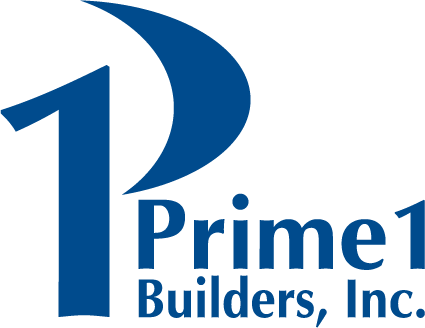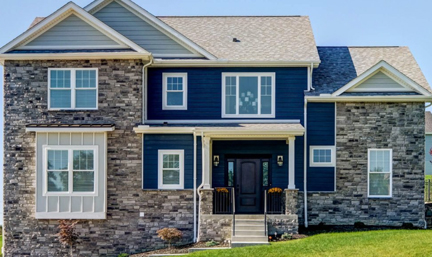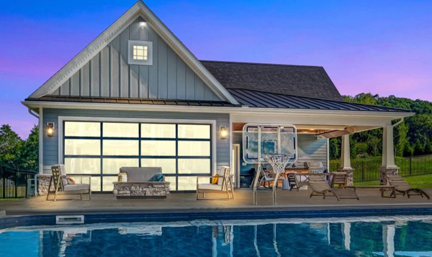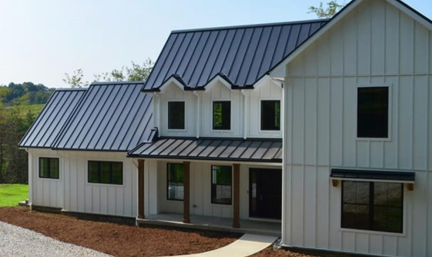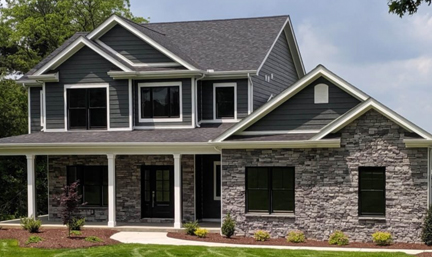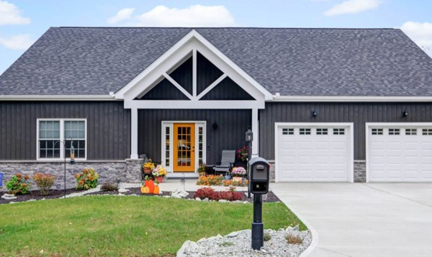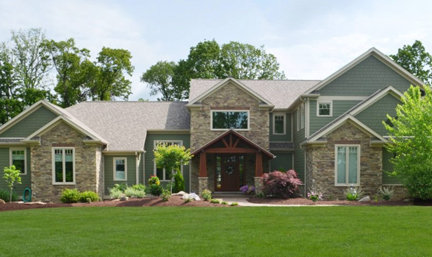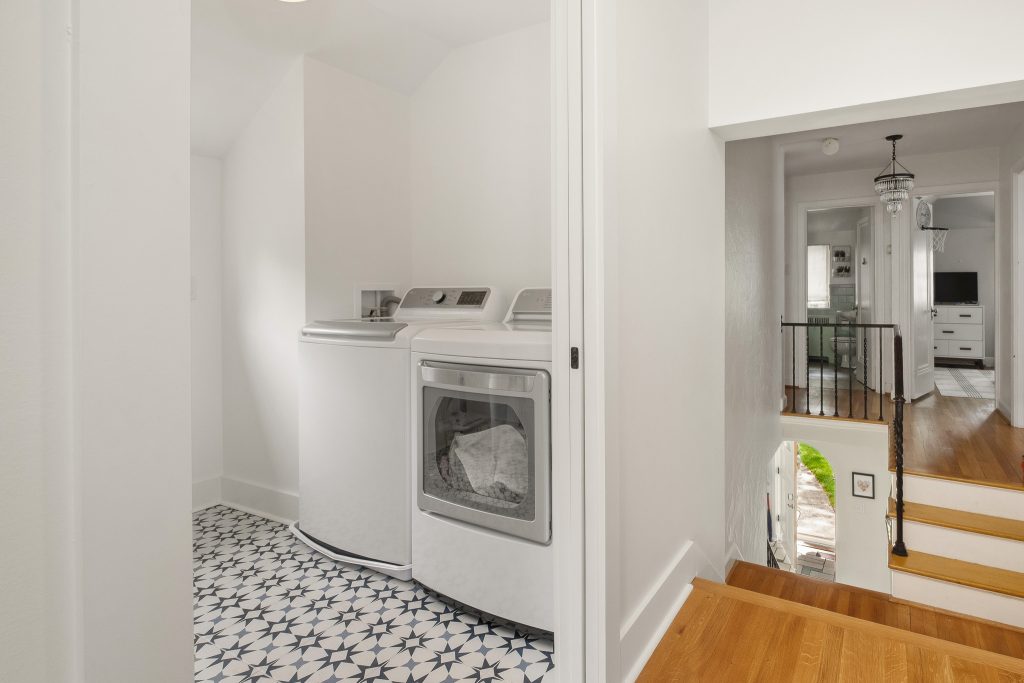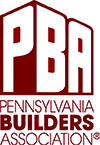As more homeowners seek sustainable living options, the value of building an energy efficient home in Pittsburgh cannot be overstated. Not only does this approach significantly reduce energy consumption and utility bills, but it also enhances the resale value of your home, making it a wise investment for anyone looking to construct a new home in the Steel City.
Why Opt for an Energy-Efficient Home?
When building a home, incorporating energy efficiency often entails a higher initial investment, particularly for the crucial elements hidden “behind the walls.” However, such features significantly reduce energy consumption, leading to lower utility bills month after month, year after year.
Related: Home Upgrades: What to Add Now and What Can Wait
For Pittsburgh homeowners, this isn’t just about energy conservation—it’s about building a home that remains cost-effective and comfortable long into the future. Furthermore, it’s been shown that this upfront investment pays for itself over time and contributes to the home’s overall value, making it a smart financial strategy for any new home construction.
Here are the big three reasons why our clients opt for building an energy-efficient home:
Cost Savings: One of the primary benefits is the reduction in energy costs and usage over time. The reality is that more efficient systems don’t use as much energy, so even with utility costs continuing to rise, homes with high-performance HVAC systems, energy-efficient water heaters, windows and LED lights, don’t feel the pinch as much as their neighbors. Upgrades such as solar panels and tankless water heaters further reduce reliance on costly fossil fuels.
Enhanced Comfort and Health: Pittsburgh’s energy-efficient homes are equipped with technologies that not only save energy but also improve the indoor environment. Features, like improved air sealing and advanced insulation techniques, help maintain consistent temperatures and reduce drafts. Additionally, smart home thermostats manage indoor climates more effectively, ensuring optimal comfort throughout the seasons.
Environmental Impact: Building an energy-efficient home significantly reduces your carbon footprint. By opting for solar energy, energy-efficient appliances, and other conservation techniques, homeowners who opt for these energy-efficient design elements are taking active steps against climate change and promoting a healthier planet.
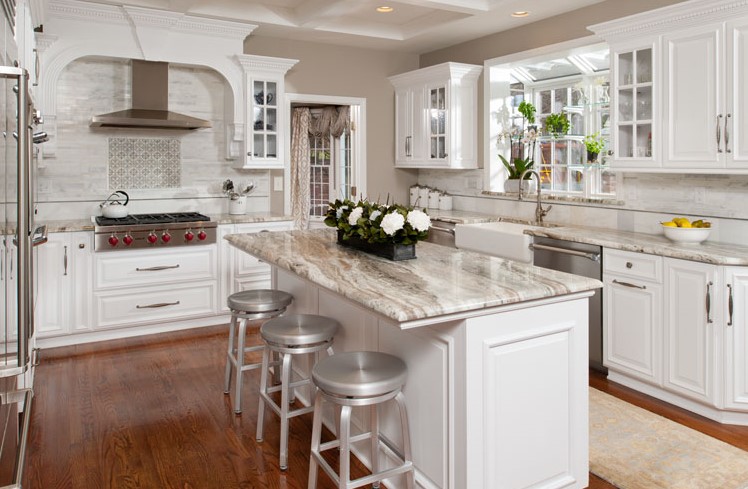
Key Features of Energy-Efficient Homes in Pittsburgh
Energy efficiency isn’t new. The U.S. Environmental Protection Agency (EPA) launched its Energy Star program in 1992, about the time we started our construction business. Over the years, we’ve seen the evolution of energy-efficient construction practices, and we are proud of how much we integrate them into many of our home designs.
Advanced Building Materials and Techniques: From spray foam insulation to high-performance windows, the materials used in energy-efficient construction are designed to keep your home comfortable all year long. This reduces the need for excessive heating in the winter and cooling in the summer, which is particularly noteworthy because Pittsburgh experiences humid conditions in the spring, summer and fall.
Energy Star-Certified Appliances: These appliances require less energy than standard models. Whether it’s refrigerators, dishwashers, or HVAC systems, choosing ENERGY STAR-certified products ensures efficiency without sacrificing performance.
Smart Technology Integration: Smart homes go hand-in-hand with energy efficiency. Features like automated lighting systems, smart thermostats, and home energy management systems allow Pittsburgh homeowners to monitor and control energy usage directly from their smartphones, providing convenience while maximizing energy savings.
Water Conservation: Many of us grew up with water conservation at the forefront, so it makes sense to integrate water conservation into your home’s design. Today’s low-flow faucets, showers, and toilets reduce water usage without sacrificing performance.
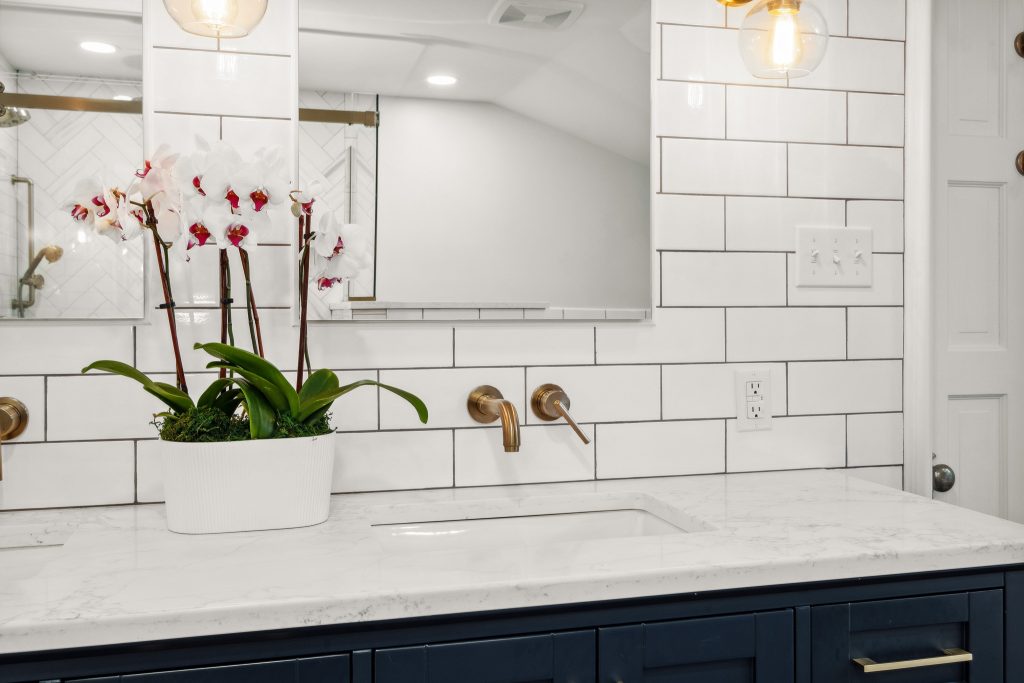
Additional Features to Consider
There are many other energy-efficient features you can integrate into your home.
Rainwater Harvesting Systems: Integrating rainwater harvesting systems into home design allows for collecting and reusing rainwater, further reducing reliance on municipal water supplies and enhancing sustainability, all while providing substantial cost savings in water consumption.
Smart Irrigation Systems: These systems automatically adjust watering schedules and volumes based on the weather forecast and sensors in the soil that detect moisture. This means that lawns and gardens receive the amount of water they need without waste. By optimizing water usage, smart irrigation systems conserve water and contribute to a more sustainable environment.
Solar Water Heating Systems: Solar energy systems are an effective way to harness renewable energy to power your home, including heating your water. By installing solar water heating systems, homeowners can utilize the sun’s energy to provide hot water, reducing the reliance on traditional energy sources.
Related: Best Upgrades to Make When Building a House
Investing in Your Home’s Energy Efficiency
If you aren’t looking to build a new home in Pittsburgh immediately but still want to improve your home’s energy efficiency, here are some things you can do.
Energy Audits: An energy audit is a great first step for those looking to make their current home more energy-efficient. Conducted by certified professionals, these audits can help you identify the most effective upgrades to reduce energy consumption and improve overall home performance.
Tax Credits and Incentives: The United States and Pennsylvania governments offer various tax credits and incentives for energy-efficient home improvements (sometimes there are local incentives, too). Research the programs currently available and use them to offset the initial costs of installing energy-efficient systems.
Local Expertise: Partnering with a local Pittsburgh custom home builder specializing in energy-efficient designs (like Prime 1 Builders) ensures your new home adheres to all local building codes and energy code standards. These builders have the expertise and established partnerships with trade professionals to integrate all the features seamlessly into your hew home design.
As you navigate the home building process, remember that building an energy efficient home in Pittsburgh is more than just a trend—it’s a forward-thinking choice that offers significant benefits. If you are ready to get started with building your custom home, give us a call.
